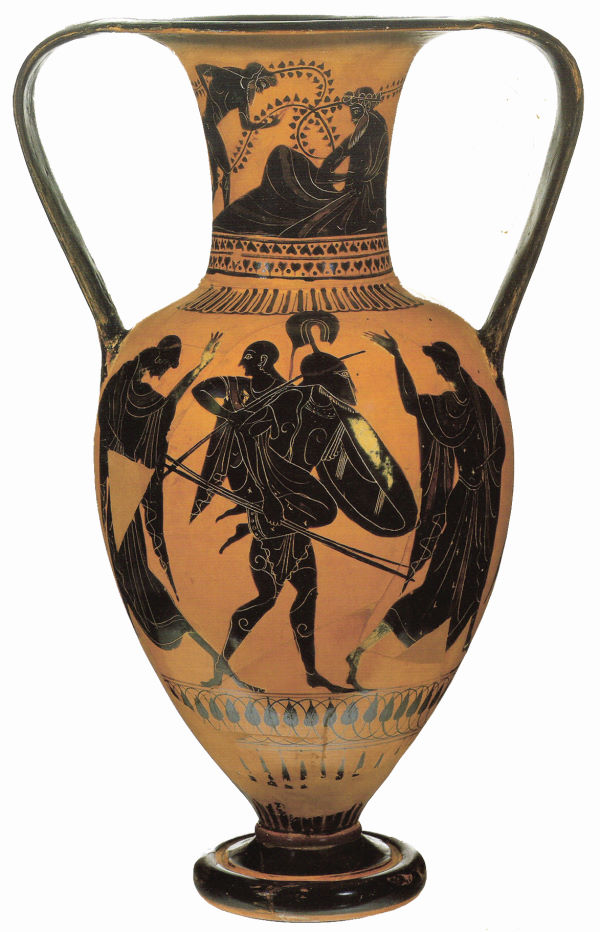
According to the epic of Aeneas of Virgil, the poet from Roman period, Aeneas is one of the last Trojans, who took his father to his shoulder and went to the West and build the main city of Romans. But experts agreed that this narrative is only a fiction.
Trojan War
- 41 Did the Trojan War really happen?
- 42 When did the Trojan War happen?
- 43 What was the reason of the Trojan War?
- 44 Who are the sides of Trojan War?
- 45 How did the Trojan War end?
- 46 Who are the most important characters of Trojan War?
- 47 How many years did Trojan War last?
- 48 What happened after Trojan War?
- 49 Which weapons were used in Trojan War?
- 50 Are there any graves of the heroes of Trojan War?